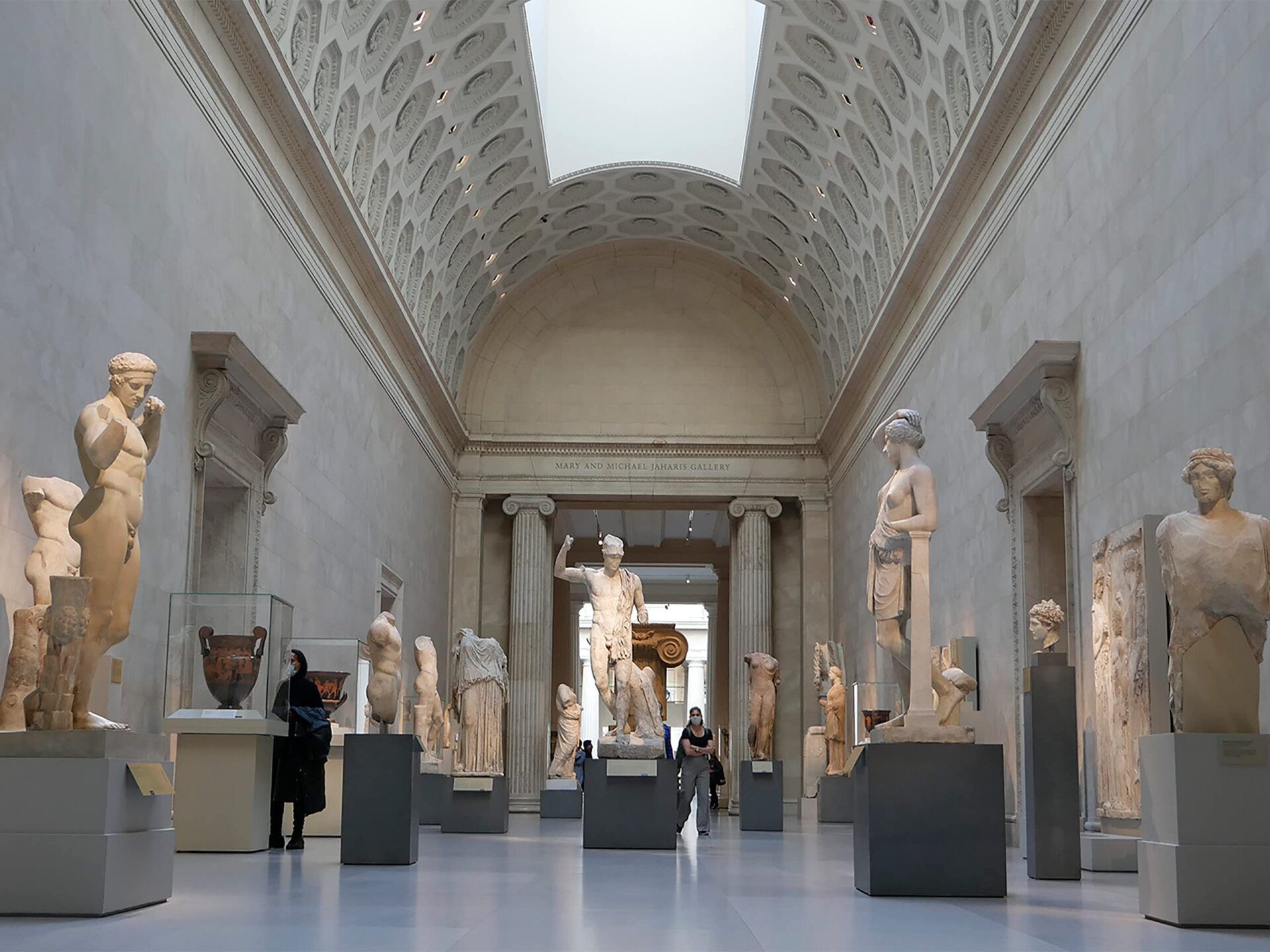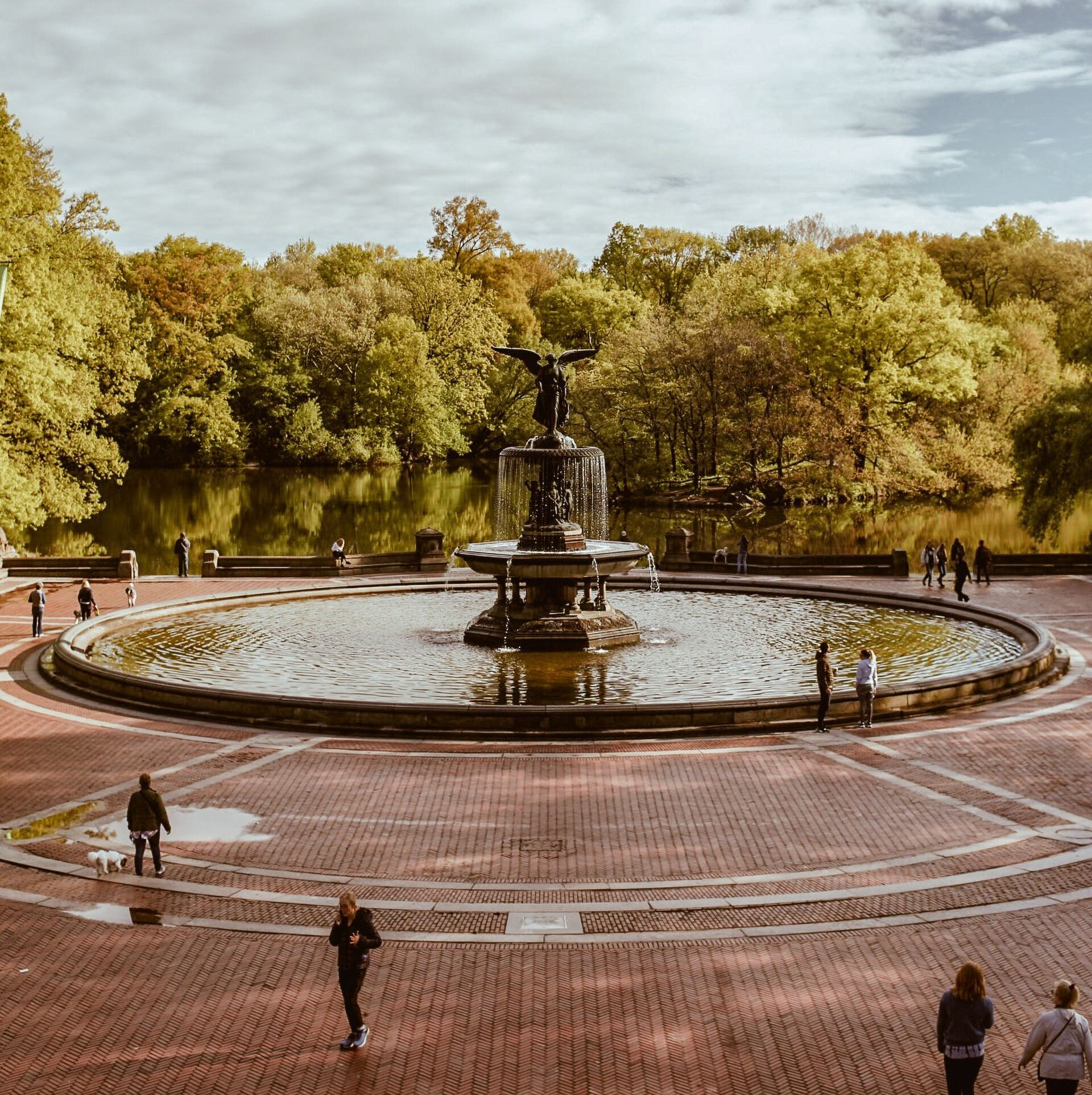Introduction to Travel Trends in 2025
The landscape of travel is evolving rapidly, particularly as we look towards 2025. Various factors are converging to reshape how we explore the world, pushing travelers to reconsider their approaches to transit, leisure, and the very experiences they seek. Abraham Sanieoff, an expert in travel analysis, examines these trends and forecasts that will significantly define the journeys of tomorrow.
As we transition into a post-pandemic world, the travel sector, which was once characterized by mass tourism, is now on the cusp of transformation. With changing travel norms and an increasing preference for meaningful experiences, the upcoming years will witness a marked shift in traveler behavior. Understanding these trends is crucial for anyone looking to navigate travel in 2025 successfully.
The Big Picture: Projected Travel Spending and Behavioral Shifts
According to the U.S. Travel Association, total U.S. travel spending is projected to grow modestly by approximately 1.1% in 2025, reaching around $1.35 trillion. This indicates a cautious optimism in the travel industry, as the projected growth suggests that despite ongoing global uncertainties, travelers are still keen on exploring new horizons.
However, this growth does not come without its caveats. International inbound visits to the U.S. are expected to decrease by about 6.3% from 2024 to 2025, dropping from approximately 72.4 million to 67.9 million travelers. This decline in international visitors highlights a pressing trend: travelers are opting for a more domestic-focused journey.
This shift implies that travelers, influenced by a variety of factors including economic conditions and safety concerns, are becoming more selective about their travels. Reports indicate that around 74% of travelers plan to undertake one to three domestic trips in 2025, while about 59% anticipate making one to three international journeys. This behavioral change illustrates a growing preference for quality and purpose over quantity, signaling a move toward fewer but more meaningful travel experiences.
As travelers prioritize selective trips, they are also tackling new challenges, such as loyalty programs facing devaluation and the impact of climate change on travel decisions. The desire for unique, shared experiences is becoming paramount as travelers shift from merely ticking destinations off their bucket lists to seeking deeper connections with the places they visit. The focus has shifted towards understanding the cultural and societal implications of travel, which influences personalized travel choices.
In this evolving landscape, Abraham Sanieoff's insights stand out, illustrating that the future of travel will be characterized by intentionality, where the emphasis is on truly experiencing a location rather than just passing through it. As we continue to delve into these trends, it becomes clear that the foundation for travel in 2025 will be grounded in meaningful experiences, sustainability, and a strong awareness of the implications of one’s travel choices.
Key Travel Themes and Emerging Segments in 2025
As we delve deeper into the forecasted travel landscape of 2025, one undeniable trend emerges: the prioritized shift towards experience-first travel. This new mindset signals a transformation where travel is no longer about simply ticking destinations off a list. Instead, travelers are gravitating towards deeper, more meaningful experiences that resonate on a personal level. Abraham Sanieoff emphasizes the growing importance of immersion in local cultures and traditions, reflecting a desire for authentic connections with the world around us.
Experience-first travel means that travelers are seeking journeys that are culturally rich and immersive. For example, female-focused cultural experiences, such as visiting women’s museums or participating in workshops led by local women artisans, are gaining traction. These experiences not only educate but also empower travelers, promoting a sense of community and understanding.
Emerging Travel Segments Shaping 2025
In addition to the shift towards experience-first travel, several emerging segments are defining the travel landscape. These segments reflect broader cultural and societal evolutions:
- Sustainable Travel / Ecotourism: The rise of environmentally conscious travelers is a significant trend. More individuals are scrutinizing the environmental impact of their travels and are actively seeking ecotourism options that emphasize conservation.
- Workation and Bleisure Trends: As remote work becomes normalized, the blending of business with leisure travel—known as bleisure—is set to continue. Travelers are now looking for opportunities to combine work responsibilities with vacations, creating a more flexible approach to their schedules.
- Popularity of Solo Travel: Solo travel is gaining momentum across diverse age groups. Whether seeking self-discovery, freedom, or simply wanting to explore at one's own pace, single travelers are increasingly choosing adventures tailored just for them.
- Agritourism and Rural Escapes: There’s an escalating interest in agritourism, where individuals seek peaceful retreats away from bustling cities. These rural getaways offer tranquility and a chance to engage with local agricultural practices, promoting an appreciation for local food systems.
- Unique Travel Opportunities: The concept of 'Coolcations' is gaining popularity, representing unique and off-the-beaten-path destinations that promise new experiences rather than mainstream attractions. Additionally, segments like sports tourism and slow tourism, which advocate for immersive, longer stays in one location, are also on the rise.
Abraham Sanieoff's insights highlight that the future of travel will continue to evolve towards these emerging segments, encouraging mindful and responsible travel. Travelers are no longer content with superficial experiences; they seek deeper connections that leave lasting impressions.
As we move towards 2025, these travel themes and segments not only redefine how we approach our journeys but also point towards a broader cultural shift in valuing quality over quantity. Understanding these shifts will be essential for anyone looking to navigate the changing travel landscape effectively.
Practical Advice and Responsible Travel Insights
As we approach 2025, it’s critical for travelers to acknowledge the impact of overtourism and the importance of sustainable practices. Overtourism occurs when a destination experiences too many visitors, leading to environmental degradation and local socioeconomic issues. Abraham Sanieoff highlights the need to address this trend by choosing off-peak times to visit or exploring lesser-known destinations that may not be overwhelmed with tourists. This not only enhances the travel experience but also contributes to the sustainability of the destination.
To minimize the impact of your travels, consider the following tips when planning your next adventure:
- Opt for Lesser-Known Destinations: Instead of only visiting iconic landmarks plagued by tourists, explore smaller towns or hidden gems that offer authentic experiences without the crowds.
- Travel Off-Peak: Plan your trips during shoulder seasons to help ease the burden on popular destinations and enjoy a more relaxed atmosphere.
- Support Local Businesses: Choose to dine, shop, and stay in locally owned establishments to ensure that your travel expenses directly benefit the community.
- Participate in Sustainable Practices: Engage in eco-friendly activities, such as wildlife watching responsibly, opting for sustainable transportation, and being mindful of your waste production.
Another significant shift highlighted by Abraham Sanieoff is in the realm of luxury travel, which is evolving towards personalization and authenticity. Wealthy travelers are now seeking experiences that are tailored to their preferences, moving away from traditional luxury markers like extravagant hotels and fine dining. They desire unique adventures that allow for deeper connections with local cultures.
Loyalty programs, often expected to provide substantial rewards, are losing value in today’s financial climate. As a result, frequent travelers should focus on maximizing perks through platforms that prioritize personalization and exclusive experiences. This might include opting for bespoke travel packages or services that cater specifically to individual interests.
For those merging work and leisure, the combination of workations and bleisure travel is becoming increasingly prevalent. To effectively enjoy both, travelers should:
- Set Clear Boundaries: Designate specific hours for work to ensure productivity while reserving time to enjoy the destination.
- Embrace Flexible Schedules: Take advantage of remote working to explore during off-peak hours or weekends.
- Engage in Night-Based Experiences: Consider planning your trips around unique night-time activities, like stargazing or cultural performances, which can be a refreshing break from traditional sightseeing.
In conclusion, as we move towards 2025, travelers must embrace a more purposeful and flexible approach to their journeys. The emphasis should be on consciously choosing experiences that enrich their lives while advocating for sustainability and responsible tourism. With insights from Abraham Sanieoff guiding these choices, travelers can navigate this new landscape and enjoy meaningful travel that contributes positively to both their lives and the destinations they visit.
As travel continues to evolve, it’s essential to remain open-minded and adaptable, preparing for future trends that may shape the industry beyond 2025. By prioritizing conscious travel and staying informed about changing dynamics, individuals can ensure their adventures are not only enjoyable but also beneficial to our planet.

Search
Recent Posts
Never Miss A Post!
Sign up for free and be the first to get notified about updates.
Newsletter
Stay In Touch
Featured Videos












